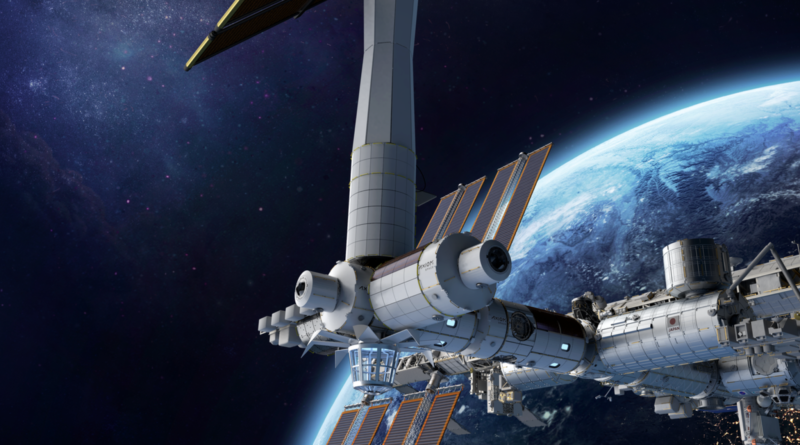Who’s Going to Regulate All These Private Space Stations?

A host of companies are in the process of developing commercial space stations. Aside from the complexities of assembling these structures in low Earth orbit, these companies are also trying to figure out which government agency should serve as the regulator once their orbital outposts are up and running.
During panel discussions at the Beyond Earth Symposium, held in Washington, D.C., from October 12 to 13, representatives of private space companies expressed a need for clarity from the federal government regarding which agency will provide oversight of their future space stations, SpaceNews reported.
“We have to be careful of the absolute alphabet soup of agencies that we have to go to conduct our operations,” Mike Gold, executive vice president for civil space and external affairs at Redwire Space, which is a partner on the Orbital Reef space station being developed by Blue Origin, said during the symposium. “We need to have predictability, we need to have clarity and we need to have certainty in terms of the regulatory structure.”
The International Space Station launched in 1998 and has been servicing low Earth orbit ever since. Beause this orbital laboratory is due to retire in 2030, NASA is looking to replace it with the help of the private sector. In December 2021, NASA awarded separate contracts to Blue Origin, Nanoracks, and Northrop Grumman to develop space station concepts that will serve both public and private interests in space.
But there’s a problem. It’s unclear which federal agency has the authority to oversee the operations of commercial space stations. The agencies that the companies have had to turn to so far are the Federal Communications Commission (FCC) for communications licenses, National Oceanic and Atmospheric Administration (NOAA) for remote sensing licenses, and the Federal Aviation Administration (FAA) for launch licenses and payload reviews, according to SpaceNews.
The private space industry is relatively new, so things are still muddy when it comes to who and how these industries get regulated. But that doesn’t mean solutions don’t exist.
“My recommendation is that we take this opportunity to recognize spaceflight as a mode of transportation, just like highways, railways, maritime, aviation and pipelines, and create a Bureau of Commercial Space Transportation under the U.S. Department of Transportation,” George Nield, former associate administrator for commercial space transportation at the FAA, said during the symposium. “That could be a one-stop shop for regulating space.”
Sending commercial crews to the ISS has also proven to be a work-in-progress in terms of rules and regulations. NASA recently requested proposals for two more private astronaut missions to the ISS, but the space agency updated a few of its rules for future private astronauts venturing into low Earth orbit. Following the return of the Ax-1 mission, which sent the first private crew to live onboard the ISS, NASA admitted to having learned some important lessons about these private space trips.
It may be a process of trial and error as the space agency increasingly collaborates with private space companies, but the companies’ representatives did express frustration at not knowing where to turn to for now. “The sky is not falling yet,” Erika Wagner, senior director for emerging space markets at Blue Origin, said at the symposium. “The question is, how do we manage that uncertainty and the risk that comes with not having a clear path.”
More: ‘Precarious’: NASA Advisers Worry About the Next Generation of Space Stations

